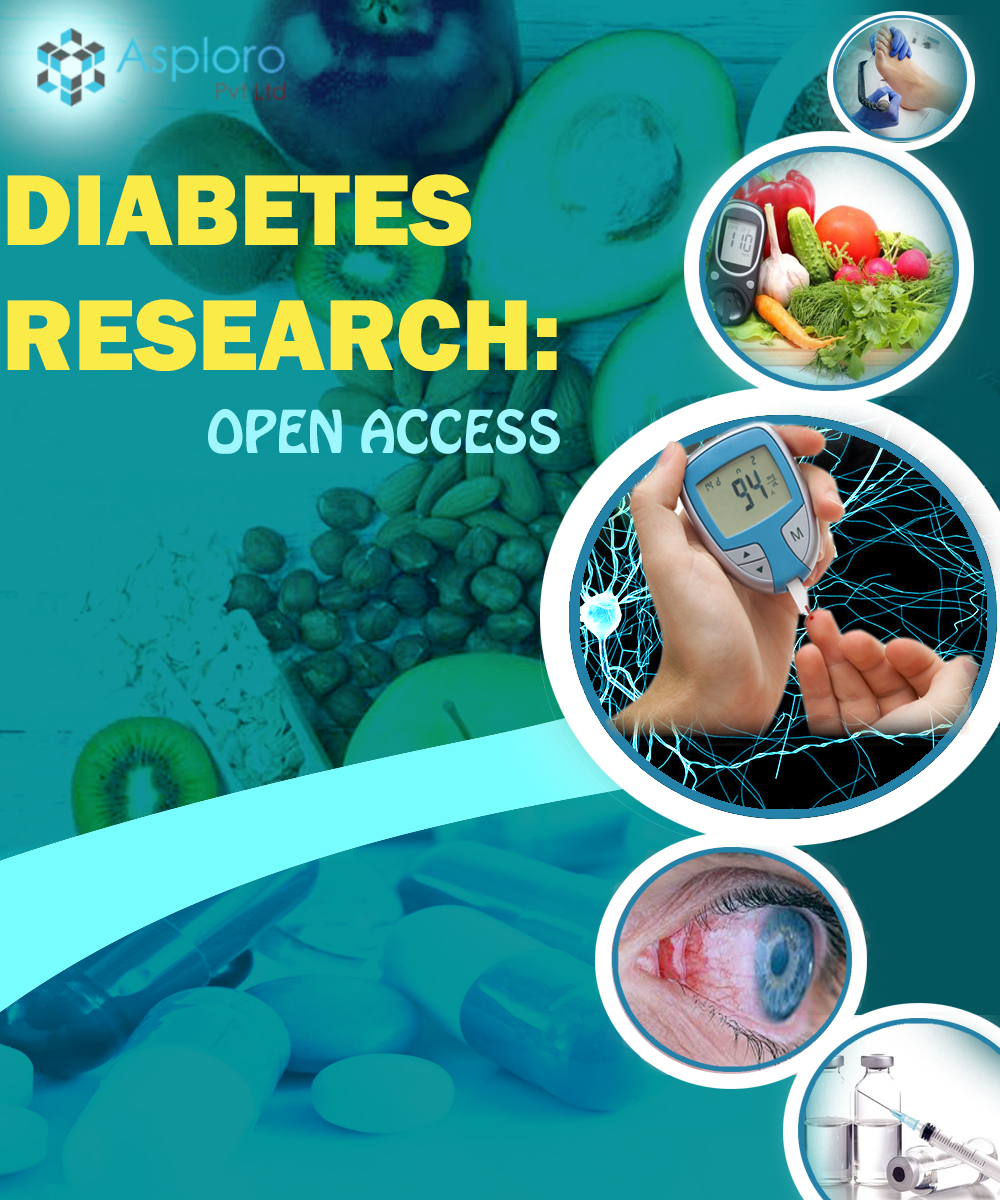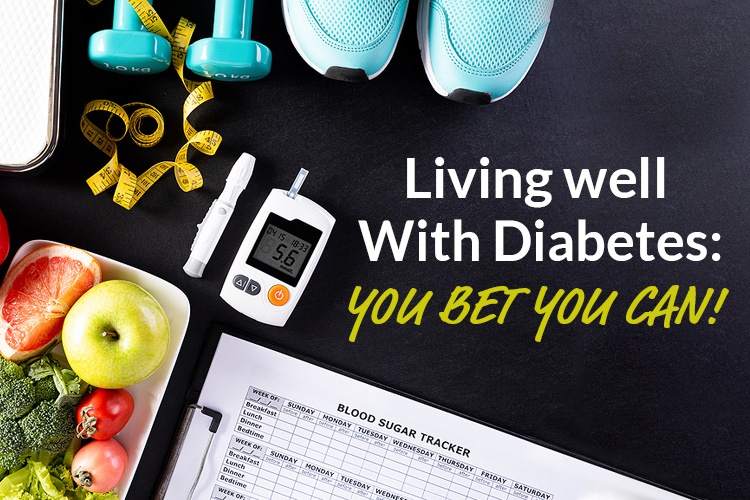Every month, I’ll be highlighting Diabetes research that is going on RIGHT NOW! Harvested from different websites, journals and podcasts, I’ll translate them into understandable English and share them with you. Today: Well, JUST LOOK AT THE HEADLINE ABOVE!!!!
At the University of Cambridge (England), researchers have successfully developed on of the first devices that might be used to treat Type 2 Diabetes: “The device -- powered by an algorithm developed at the University of Cambridge -- doubled the amount of time patients were in the target range for glucose compared to standard treatment and halved the time spent experiencing high glucose levels.”
Now, does that mean we can all run out, throw away our Ozempic pens [to the joy and relief of all the really…um…weighty people for whom drugs like Ozempic are…um…a great HELP in their continuing…uh…“battle” against…er…Inexplicable High Mass Syndrome (IHMS, aka, being fat…)…].
At the University of Cambridge (England), researchers have successfully developed on of the first devices that might be used to treat Type 2 Diabetes: “The device -- powered by an algorithm developed at the University of Cambridge -- doubled the amount of time patients were in the target range for glucose compared to standard treatment and halved the time spent experiencing high glucose levels.”
Now, does that mean we can all run out, throw away our Ozempic pens [to the joy and relief of all the really…um…weighty people for whom drugs like Ozempic are…um…a great HELP in their continuing…uh…“battle” against…er…Inexplicable High Mass Syndrome (IHMS, aka, being fat…)…].
HOLD YOUR HORSES, BABA LOUIE! If you read the first sentence of the Science Daily article SLOWLY instead of skipping all words and leaving ONLY what I read as: “This [MIRACLE] device…doubled the amount of time…you can ignore your diabetes and eat whatever you want!"
My mind THINKS it's reading ‘patients were in the target range for glucose…and halved the time spent experiencing high glucose levels’. But then, my mind tends to be out to lunch in matters of what it can and can't direct my insulin-resistant body to do!
In case you’re new to this whole Type 2 diabetes thing, what is Type 2 diabetes? The English can explain it pretty well, “Type 2 diabetes causes levels of glucose -- blood sugar -- to become too high. Ordinarily, blood sugar levels are controlled by the release of insulin, but in type 2 diabetes insulin production is disrupted. Over time, this can cause serious problems including eye, kidney and nerve damage and heart disease.”
What that means is that…well, the outcome of our Type 2 diabetes is NOT trivial (which is sometimes what I allow myself to think – the whole, “Oh, I live in the 21st Century and I’m SURE that there’ll be a miracle cure pretty soon, so I don’t have to go all weird and stop eating doughnuts and drinking REGULAR soda, and I can eat like I’m 13 again. You just need to take on the ‘correct’ perspective…”
Anyway, the new device works something like this: For those of us with Type 2, it’s a fully closed loop system. The people for whom the device was originally developed – the ones with Type 1 have to “text” their artificial pancreas to let it know that they’ll be eating a meal. The AP (Artificial Pancreas) adjustment the amount of insulin it releases. For someone with Type 1, the AP adjusts automatically – just like your normal pancreas does.
The researchers recruited 26 patients. One group would use the AP eight weeks, then switch to doing multiple daily insulin injections. The other group would do multiple daily insulin injections for eight weeks, then switch to the AP.
The researchers monitored several things.
First: how much time did the patients spend with their glucose levels within a target range. They found that patients using the artificial pancreas spent two-thirds of their time on target. The other group only spent one third of their time on target.
Second: how much time spent did they have glucose levels 180? Average glucose levels fell from 170 to 106 about 70% of the time! The people using the insulin injections spent the same amount of time over 170!
Also, after using insulin injections, the average HbA1c levels were 8.7. Using the artificial pancreas they were 7.3!
By now you know that for those of us with Type diabetes, the higher the A1c, the greater the risk of developing diabetes-related complications. “Over time, high A1C levels may lead to impaired fasting glucose, high blood pressure, obesity, and an increased risk of cardiovascular diseases.”
When all was said and done, the researchers found that “…participants were happy to have their glucose levels controlled automatically by the system, and nine out reported spending less time managing their diabetes overall. Users highlighted the elimination of the need for injections or finger prick testing, and increased confidence in managing blood glucose as key benefits.” As is usual, not EVERYONE was happy with the AP. Some reported “…increased anxiety about the risk of hypoglycemia, which the researchers say may reflect increased awareness and monitoring of glucose levels, and practical annoyances with wearing of devices.”
All-in-all, I think if I could get this TEST DEVICE right now, I’d volunteer to be first in line!
Link: (ScienceDaily) https://scontent-dfw5-1.xx.fbcdn.net/v/t39.30808-6/354064720_646111904223281_7263858063343004950_n.jpg?stp=dst-jpg_p526x296&_nc_cat=101&ccb=1-7&_nc_sid=0debeb&_nc_ohc=ZihRXv-v-1sAX-1jkdq&_nc_ht=scontent-dfw5-1.xx&oh=00_AfBqk3DsoM2Y_v7tOlwbVKCMsaYoQooSsd_VrctAhwqmEA&oe=64933E1E; (The ACTUAL Article from the University of Cambridge (England): https://www.cam.ac.uk/research/news/artificial-pancreas-successfully-trialled-for-use-by-type-2-diabetes-patients
Image: https://asploro.com/wp-content/uploads/2019/12/Diabetes-Research_Open-Access.jpg
In case you’re new to this whole Type 2 diabetes thing, what is Type 2 diabetes? The English can explain it pretty well, “Type 2 diabetes causes levels of glucose -- blood sugar -- to become too high. Ordinarily, blood sugar levels are controlled by the release of insulin, but in type 2 diabetes insulin production is disrupted. Over time, this can cause serious problems including eye, kidney and nerve damage and heart disease.”
What that means is that…well, the outcome of our Type 2 diabetes is NOT trivial (which is sometimes what I allow myself to think – the whole, “Oh, I live in the 21st Century and I’m SURE that there’ll be a miracle cure pretty soon, so I don’t have to go all weird and stop eating doughnuts and drinking REGULAR soda, and I can eat like I’m 13 again. You just need to take on the ‘correct’ perspective…”
Anyway, the new device works something like this: For those of us with Type 2, it’s a fully closed loop system. The people for whom the device was originally developed – the ones with Type 1 have to “text” their artificial pancreas to let it know that they’ll be eating a meal. The AP (Artificial Pancreas) adjustment the amount of insulin it releases. For someone with Type 1, the AP adjusts automatically – just like your normal pancreas does.
The researchers recruited 26 patients. One group would use the AP eight weeks, then switch to doing multiple daily insulin injections. The other group would do multiple daily insulin injections for eight weeks, then switch to the AP.
The researchers monitored several things.
First: how much time did the patients spend with their glucose levels within a target range. They found that patients using the artificial pancreas spent two-thirds of their time on target. The other group only spent one third of their time on target.
Second: how much time spent did they have glucose levels 180? Average glucose levels fell from 170 to 106 about 70% of the time! The people using the insulin injections spent the same amount of time over 170!
Also, after using insulin injections, the average HbA1c levels were 8.7. Using the artificial pancreas they were 7.3!
By now you know that for those of us with Type diabetes, the higher the A1c, the greater the risk of developing diabetes-related complications. “Over time, high A1C levels may lead to impaired fasting glucose, high blood pressure, obesity, and an increased risk of cardiovascular diseases.”
When all was said and done, the researchers found that “…participants were happy to have their glucose levels controlled automatically by the system, and nine out reported spending less time managing their diabetes overall. Users highlighted the elimination of the need for injections or finger prick testing, and increased confidence in managing blood glucose as key benefits.” As is usual, not EVERYONE was happy with the AP. Some reported “…increased anxiety about the risk of hypoglycemia, which the researchers say may reflect increased awareness and monitoring of glucose levels, and practical annoyances with wearing of devices.”
All-in-all, I think if I could get this TEST DEVICE right now, I’d volunteer to be first in line!
Link: (ScienceDaily) https://scontent-dfw5-1.xx.fbcdn.net/v/t39.30808-6/354064720_646111904223281_7263858063343004950_n.jpg?stp=dst-jpg_p526x296&_nc_cat=101&ccb=1-7&_nc_sid=0debeb&_nc_ohc=ZihRXv-v-1sAX-1jkdq&_nc_ht=scontent-dfw5-1.xx&oh=00_AfBqk3DsoM2Y_v7tOlwbVKCMsaYoQooSsd_VrctAhwqmEA&oe=64933E1E; (The ACTUAL Article from the University of Cambridge (England): https://www.cam.ac.uk/research/news/artificial-pancreas-successfully-trialled-for-use-by-type-2-diabetes-patients
Image: https://asploro.com/wp-content/uploads/2019/12/Diabetes-Research_Open-Access.jpg

